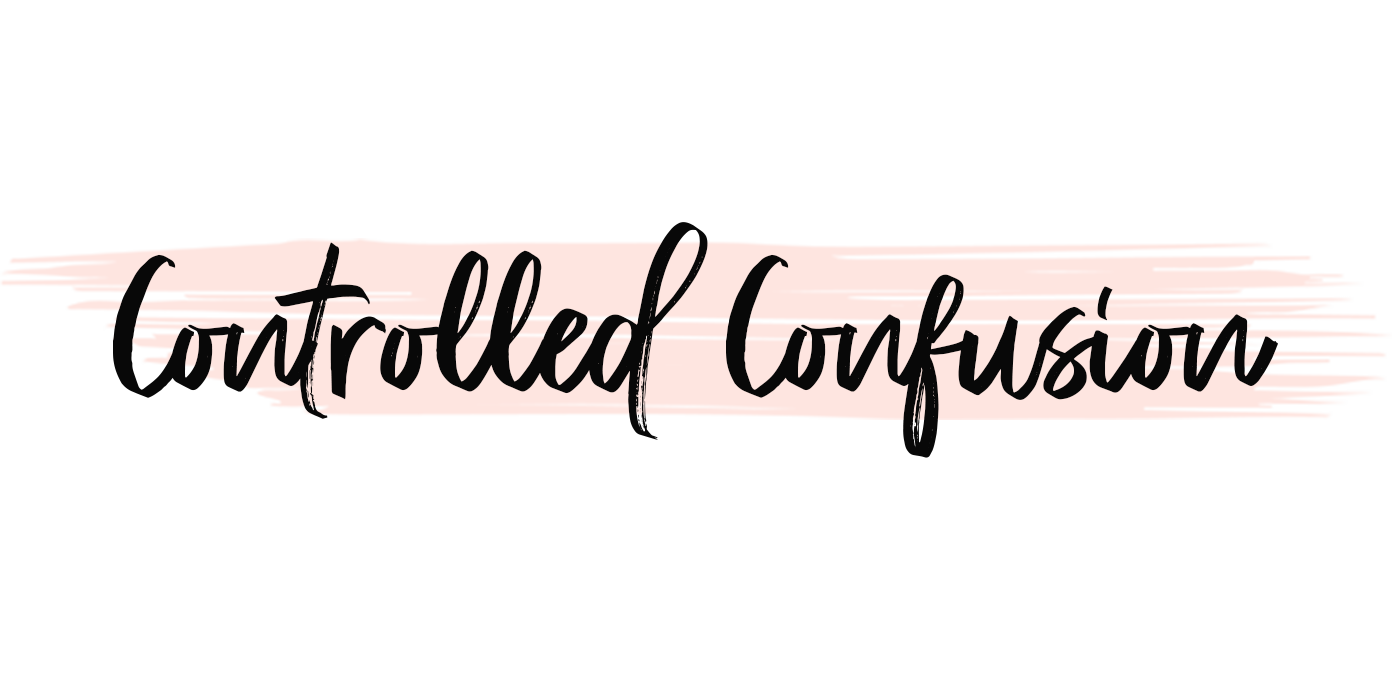Bring Your Brave For Breast Cancer Awareness
This is a sponsored post written by me on behalf of Centers for Disease Control and Prevention’s Bring Your Brave campaign. All opinions are 100% mine.
Breast Cancer are the two dirty words that no person wants to hear. Although, when hearing someone has been diagnosed with breast cancer, you may picture an older woman with grown children and entering menopause, the truth is… women under 45 are diagnosed with this disease everyday.
I’ll never forget the first time I heard that someone I knew, someone who was MY AGE was diagnosed with breast cancer. The shock hit me from the top of my head and trickled down my entire body. We haven’t legally been able to drink for very long, we’re in our early 20s, HOW could she have breast cancer? I didn’t even think they did screening for breast cancer on women our age. Her mom had been diagnosed with breast cancer a few years prior and because of her family history, her doctor had her begin screenings at an early age. Thank goodness after completing treatment, she was rid of the breast cancer!
Here is some important information about breast cancer:
- 11% of all cases of breast cancer in the United States affect women under the age of 45, however, many young women do not know they are at risk.
- Young women face a unique threat – when they are diagnosed with breast cancer it is:
- More likely to be hereditary
- More often diagnosed at a later stage
- Often more aggressive and difficult to treat
KNOW YOUR RISK!
If you are under the age of 45, you may have a higher risk for breast cancer if:
- You have close relatives who were diagnosed with breast cancer before the age of 45 or ovarian cancer at any age, especially if more than one relative was diagnosed or if a male relative had breast cancer.
- You have changes in certain breast cancer genes (BRCA1 and BRCA2), or have close relatives with these changes, but have not been tested yourself.
- You have Ashkenazi Jewish heritage.
- You received radiation therapy to the breast or chest during childhood or early adulthood.
- You have had breast cancer or certain other breast health problems, such as lobular carcinoma in situ (LCIS), ductal carcinoma in situ (DCIS), atypical ductal hyperplasia, or atypical lobular hyperplasia.
- You have been told that you have dense breasts on a mammogram.
Three important steps to understand your breast cancer risk according to the CDC:
- Know how your breasts normally look and feel and talk to your doctor if you notice anything unusual.
- Talk to your relatives about your family history of breast or ovarian cancer.
- Talk to your doctor about your risk.

The Centers for Disease Control and Prevention (CDC) launched the Bring Your Brave initiative, which is specific to breast cancer in young women. See some of the courageous women’s stories. When I think of the Bring Your Brave initiative, my friend is the first person who always comes to mind. Her courage in understanding her risk and following up with her doctor is what saved her life!
For more information follow the CDC #BringYourBrave Campaign
Facebook Page Name: CDC Breast Cancer
Twitter Handle: @CDC_Cancer







One Comment